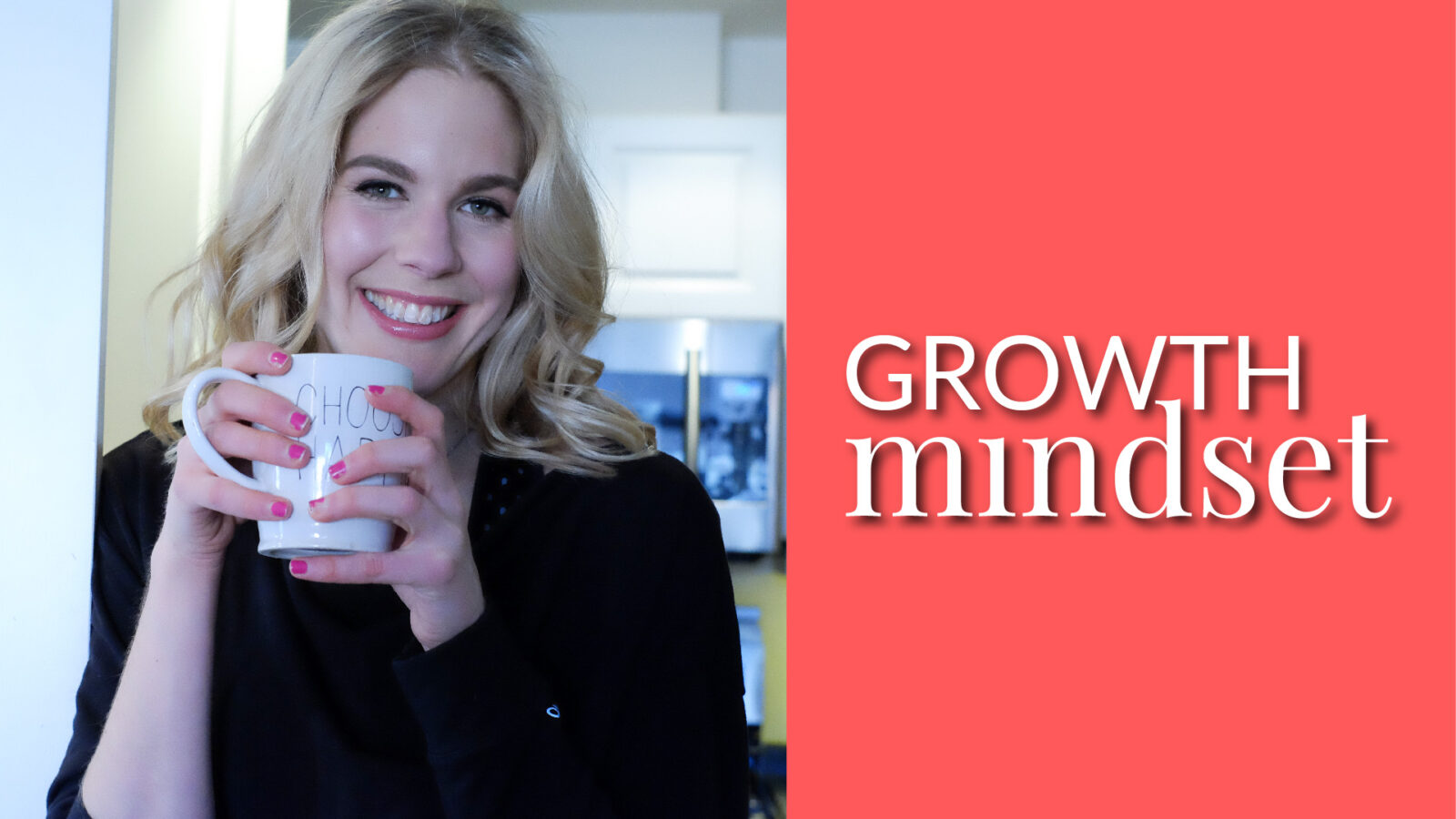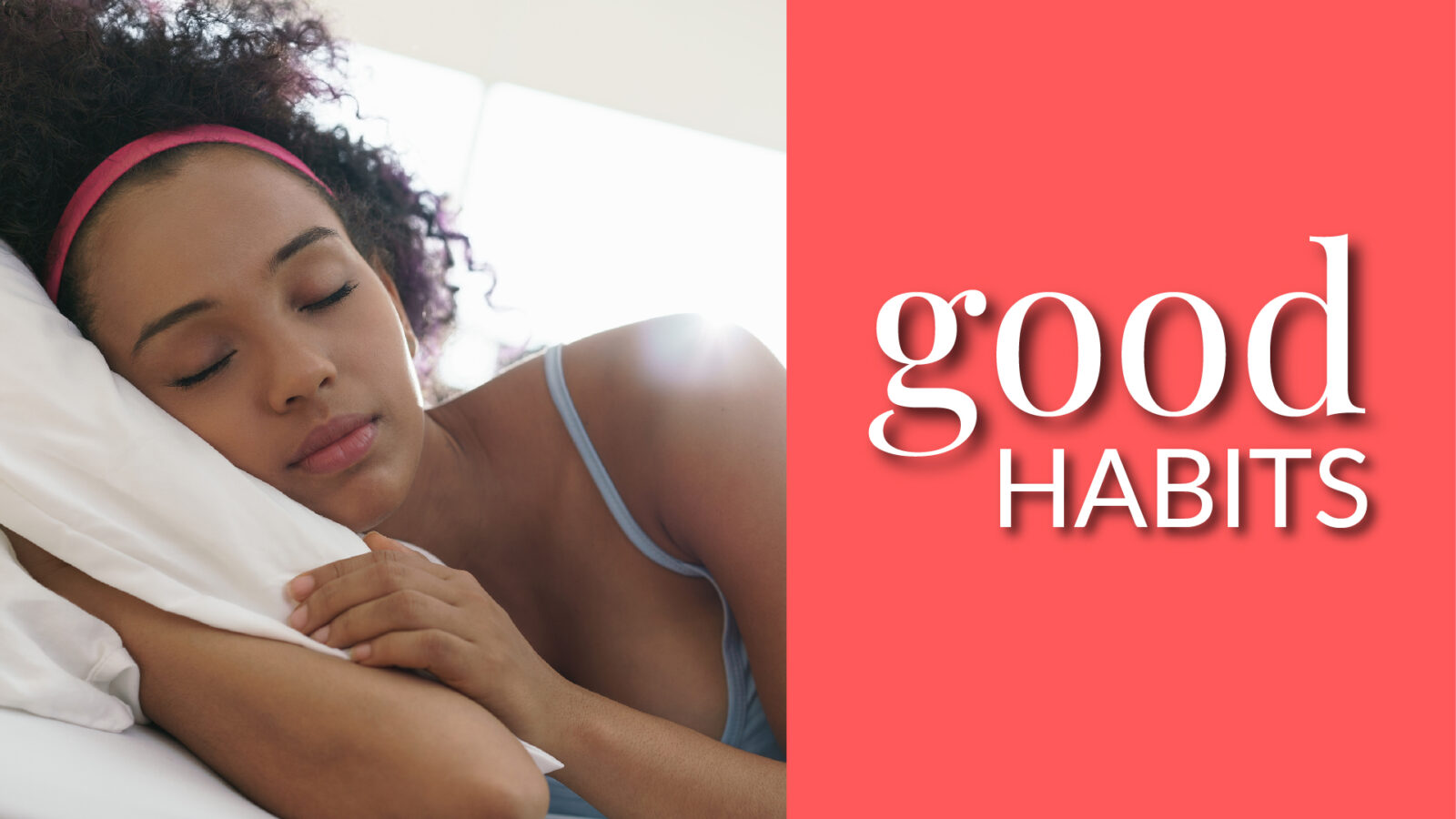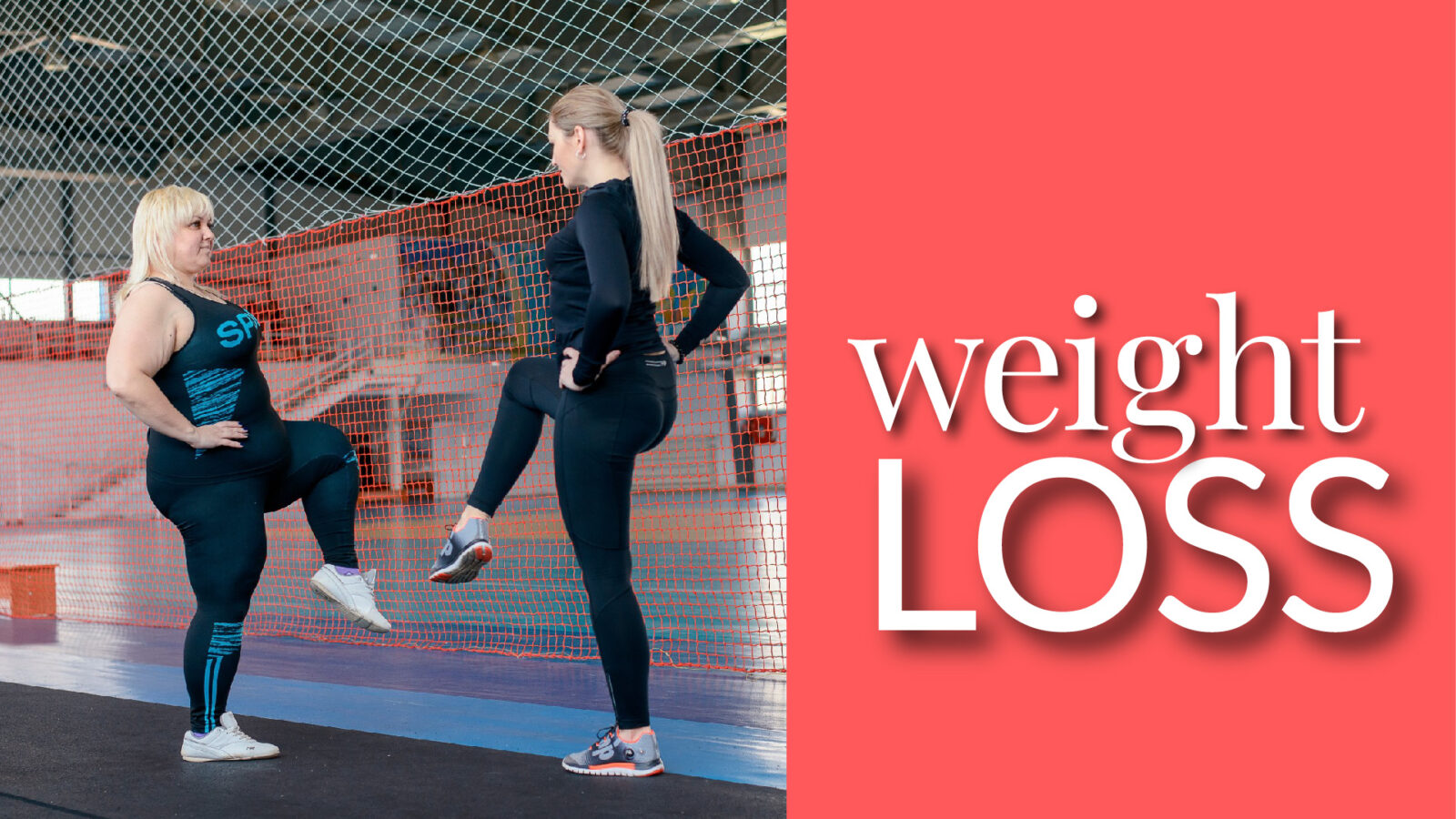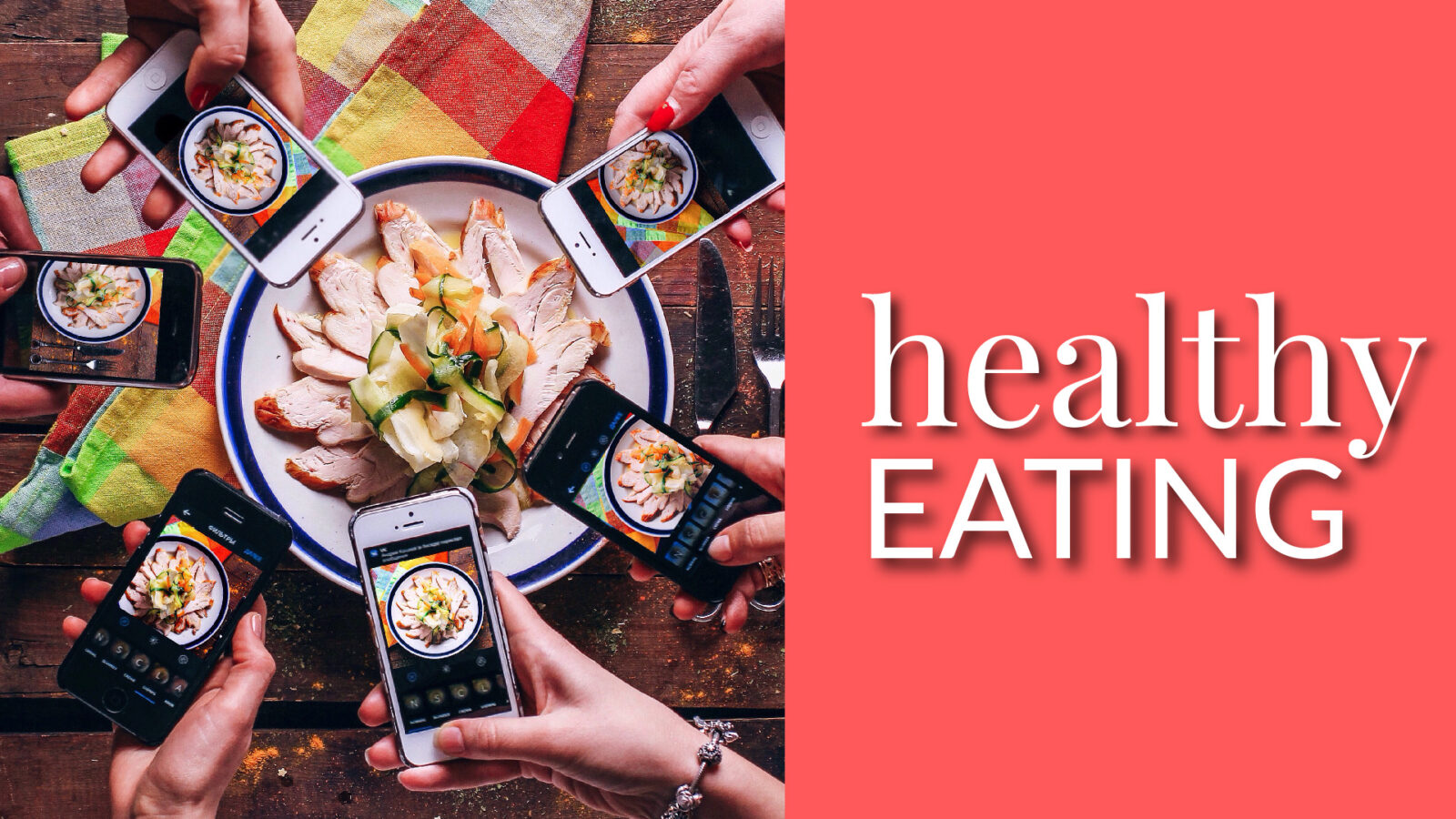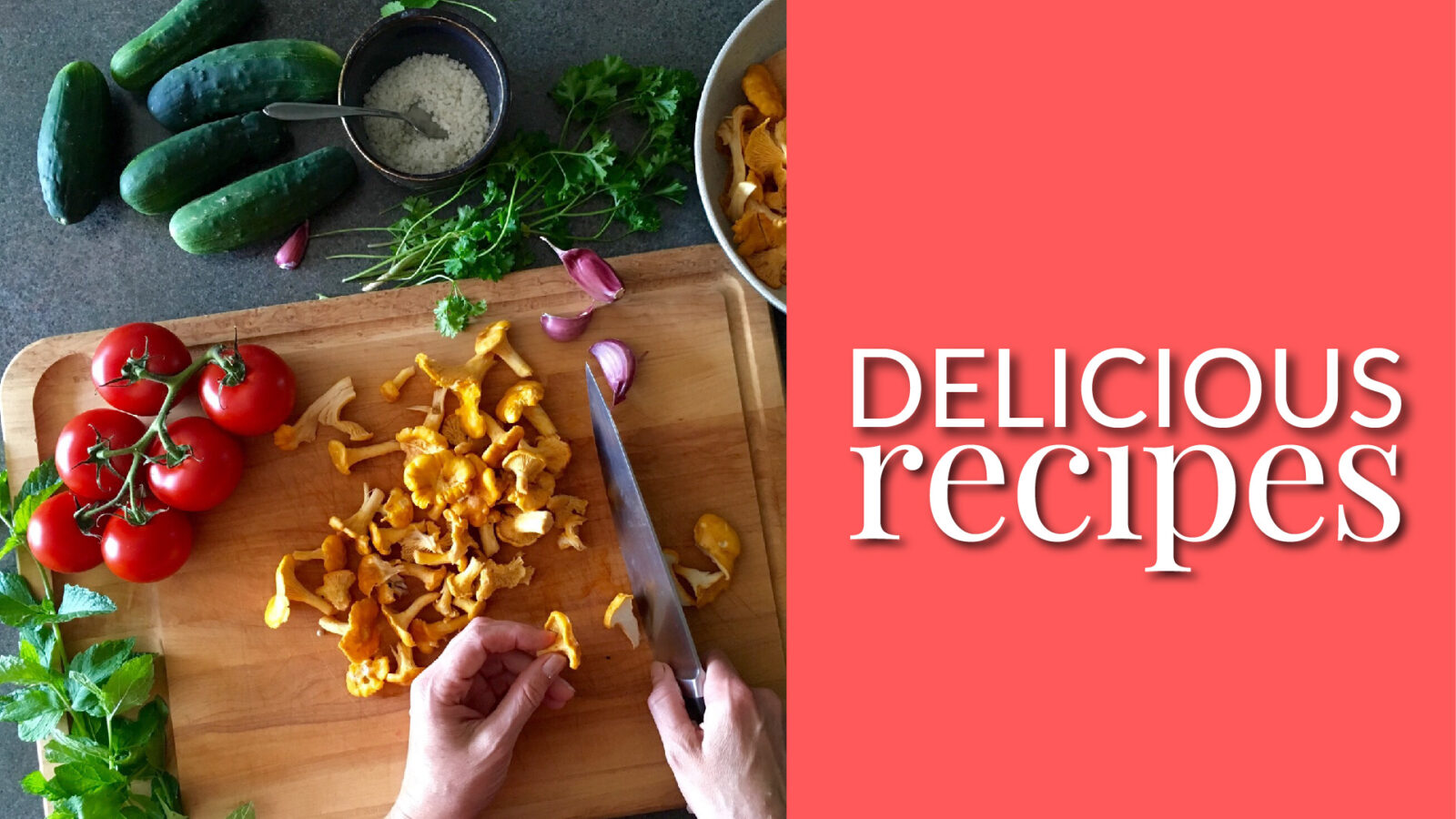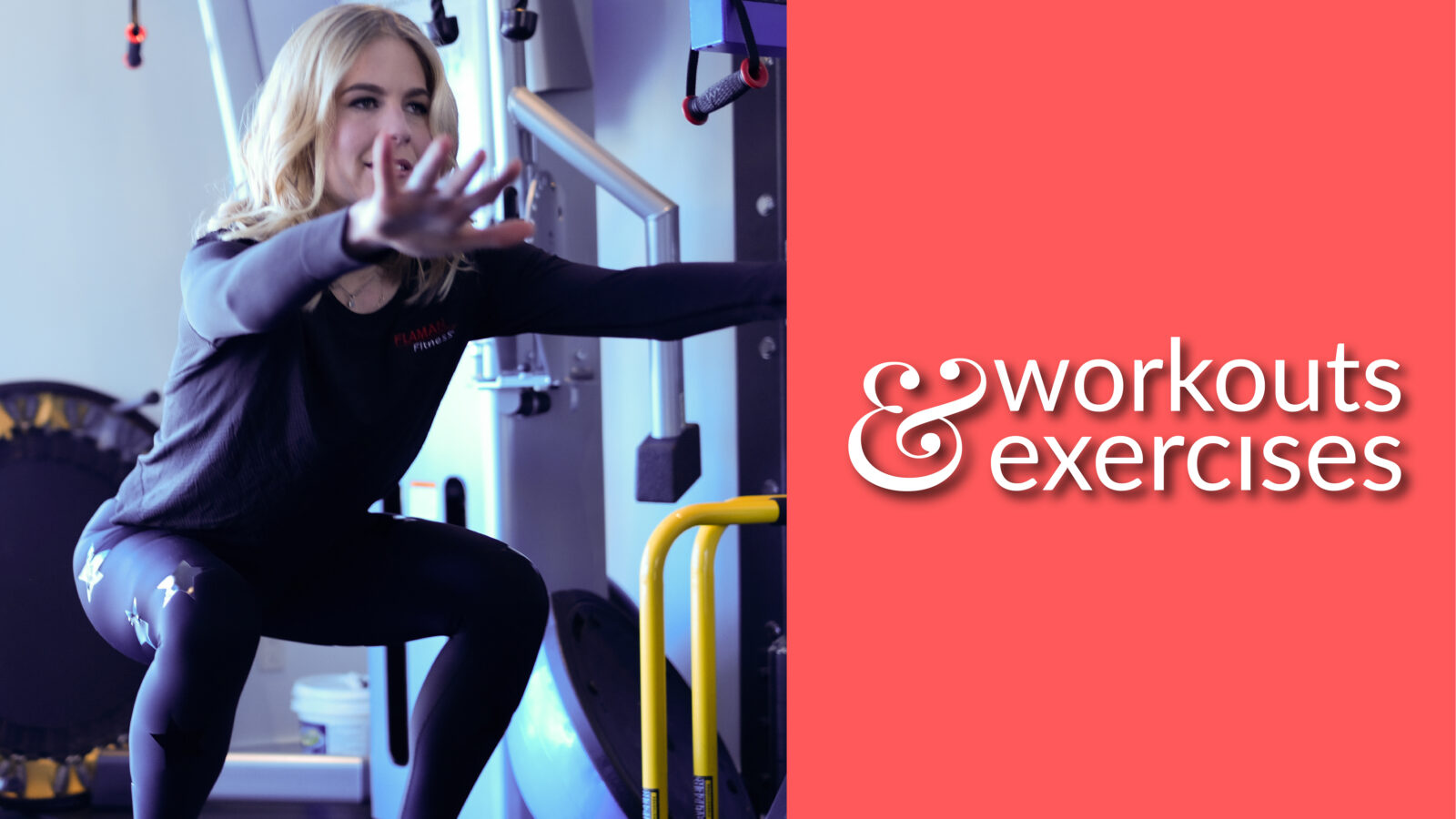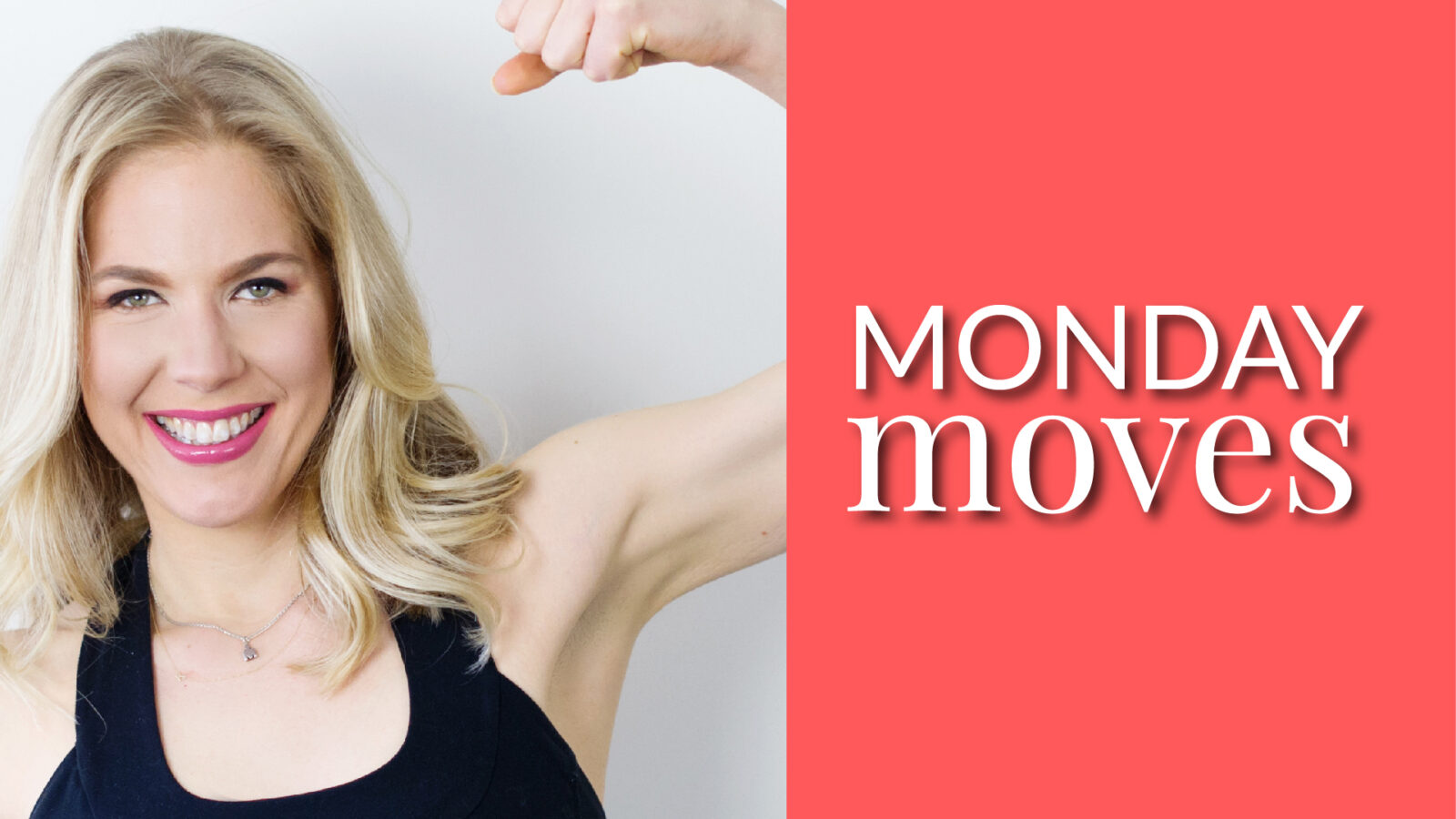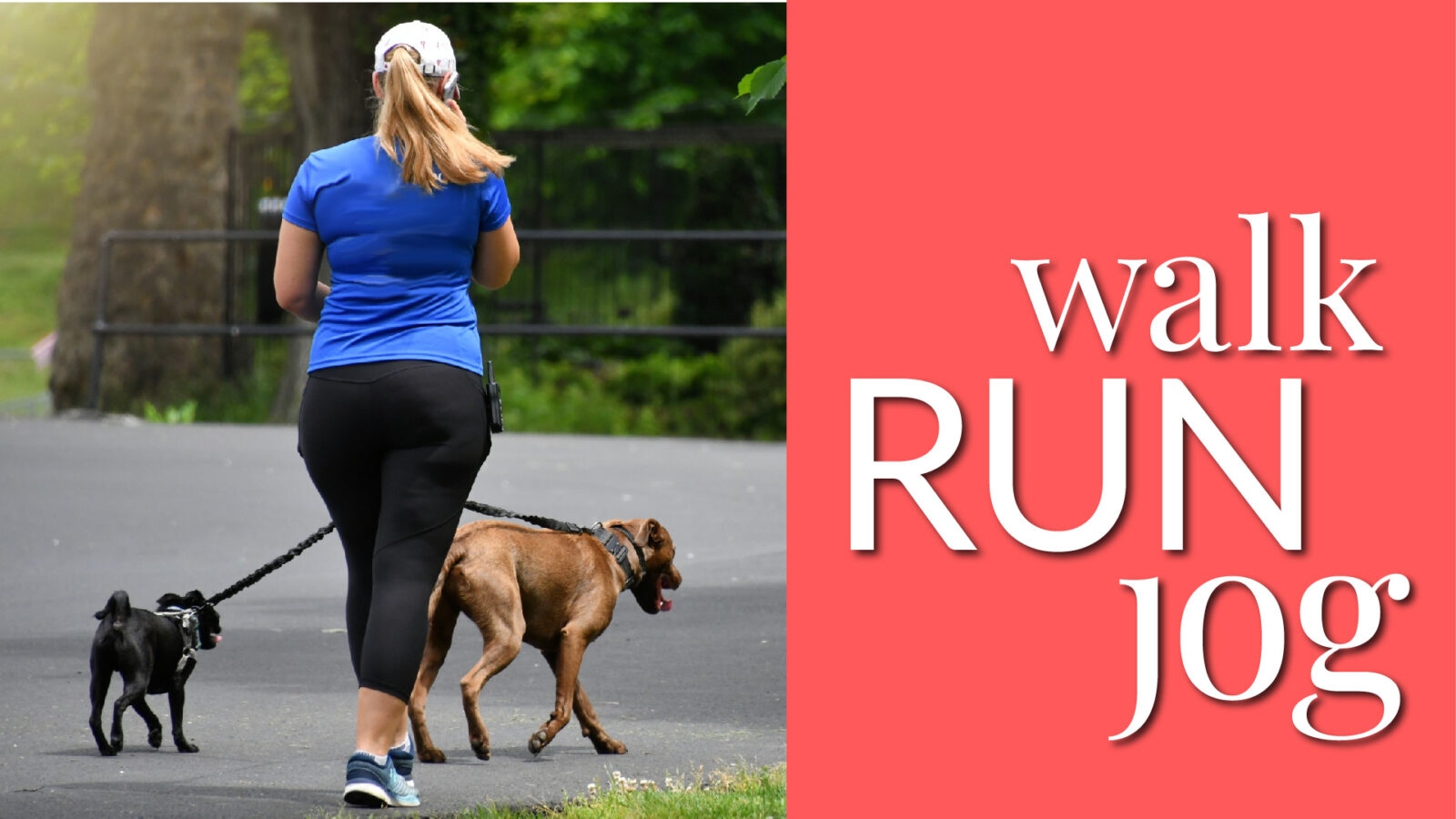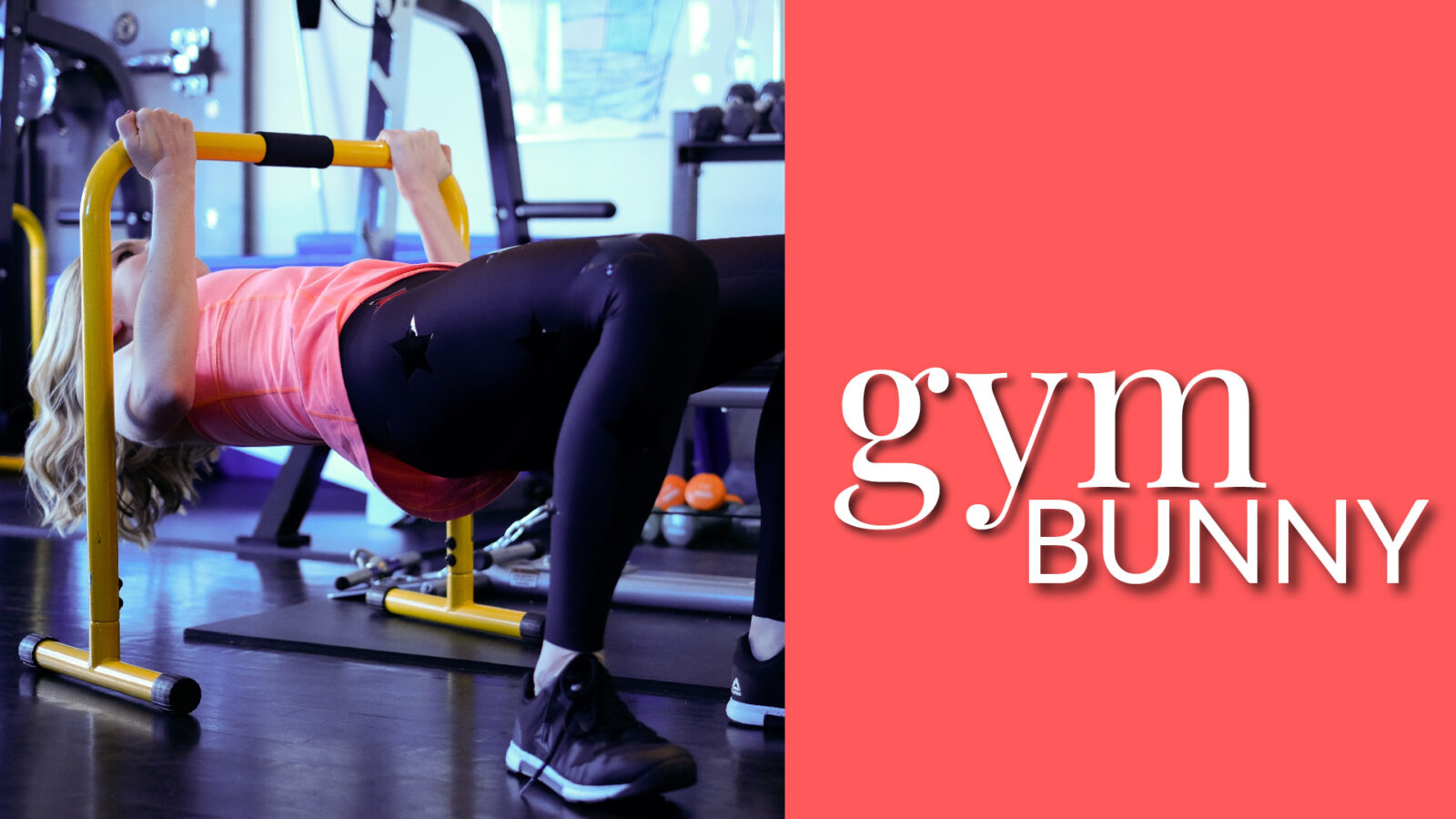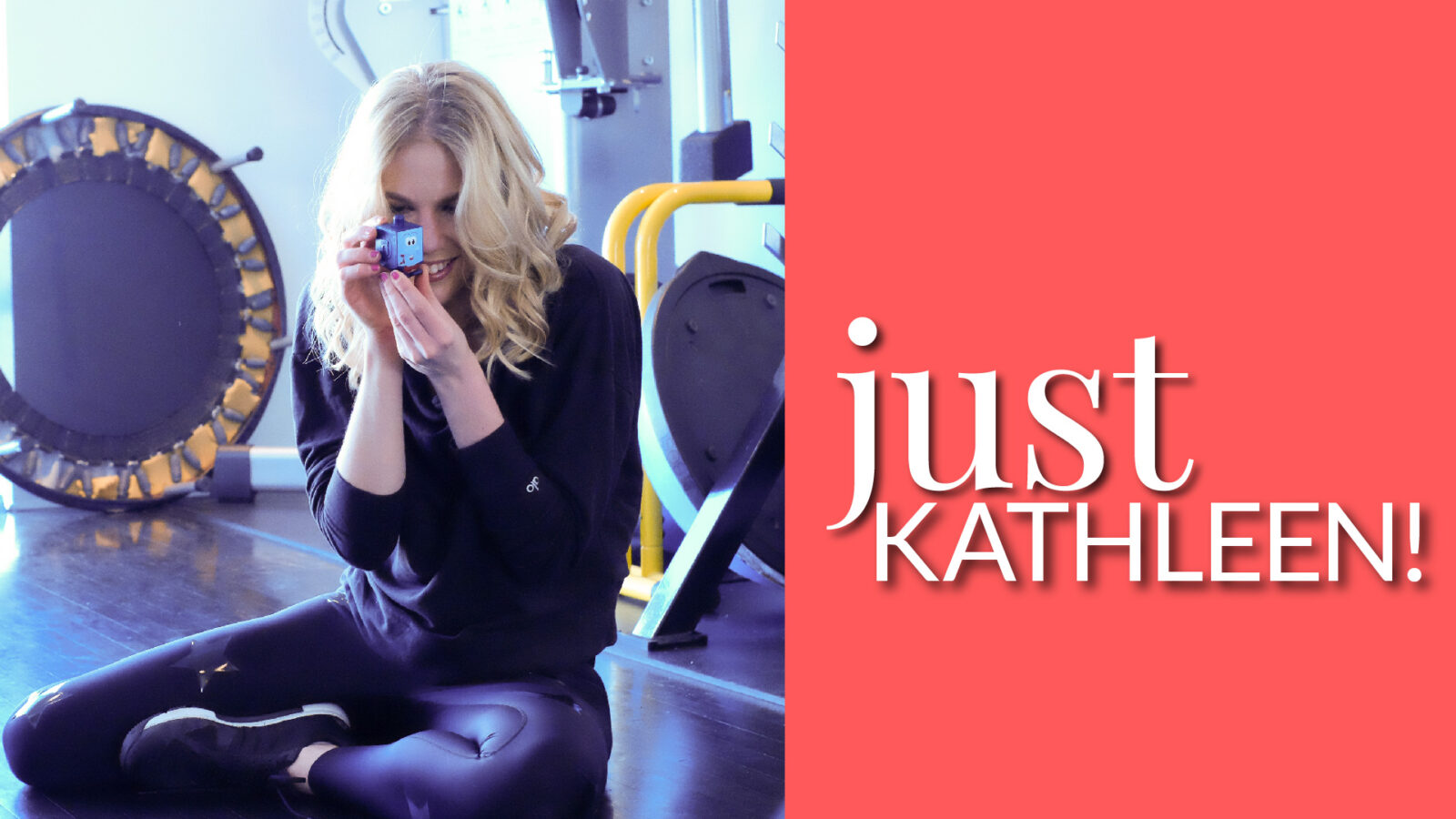A few of my favourite things — The November edition
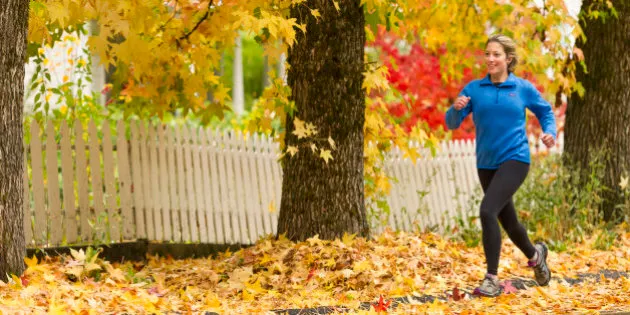
My November Huffington Post “Favourite Things” themed blog is out. The only thing I forgot to mention was how much I LOVE the countdown to Christmas….I am especially loving the Starbucks X-Mas cups 🙂 Counting down to Christmas is 100% one of my favourite parts of November!!!
Welcome to my seventh official “favourite things” themed blog. I compiled my first list in February 2016 — I had such fun putting together the list that I decided to write a “favourite things” blog regularly. If you haven’t been following the series, don’t worry. You can still enjoy this installment; each blog stands on its own. The point is simply for me to share my current yummy recipes, “fun” workouts, and health mantras.
1. Favourite muscle group to train: The bum
Most of us do not have strong glutes (bum muscles). We all sit too much; sitting tightens the hip flexors (front of the body) and doesn’t require the bum to work.
A weak bum can contribute to lower back, hip, knee, and ankle pain — not to mention decreased endurance, strength, and power, and, let’s face it, a less-than-ideal aesthetic.
Try these exercises.
Bridges: Lie on your back with your legs bent and your feet placed hip-distance apart on the ground. Engage your bum muscles to lift your hips off of the ground. Don’t lift with your hamstrings (back of legs) or lower back. Repeat 10 times.
Modified straight-leg dead lifts: Stand with your feet parallel and hip-distance apart. Hold dumbbells in front of your thighs. Bend your knees slightly. Keeping your knee angle constant, hinge at your hips to bring the weight toward the floor. Lower the weight as far as you can while maintaining a neutral spine — don’t round your back. Use your hamstrings, glutes, and lower back to return to your starting position. Repeat 10 to 15 times.

Squat: Start standing with your feet hip-distance apart. Bend at your hips, knees, and ankles so that you feel like you are sitting backwards into a chair. Keep your back straight and chest out. Use your core and bum to resist gravity — don’t just plonk down toward the floor. Then, use your bum and core to press your feet into the ground to push your body back to standing. Repeat 10 to 15 times.
2. Favourite way to stay motivated: Get a gym buddy
Set yourself up for health success: Ask a friend, colleague, or family member to be your gym buddy.

You are less likely to skip your workout if you have someone waiting for you. Plus, a gym buddy can make working out more fun. I love meeting up with my friends to try fun fitness classes. If classes are not your thing, try running together, joining a sports team, or doing partner exercises.
3. Favourite — well most frequently asked — nutrition question: Should I try intermittent fasting?
I hesitate to say anything positive about intermittent fasting because, like most prescriptive nutrition regimens, intermittent fasting can be dangerous and extreme, but as with most things in life, it does have pros and cons.
There is no one-size-fits-all diet regimen. Everybody is unique and needs a unique plan of action. Thus, the positives and negatives of intermittent fasting depend on your unique needs, health habits, and goals.
One possible positive of intermittent fasting is that it makes abstaining from food between meals a “non-negotiable,” which can be helpful if you are a person who mindlessly grazes on food (at parties, while you cook, at your desk, etc.)
That same positive can be a negative if you are the type of person who overeats after not eating for sustained amounts of time.
Another negative is that if you have blood sugar irregularities or insulin resistance (such as diabetes), not eating for sustained amounts of time can be detrimental.
As with all regimens, intermittent fasting is not a miracle solution. If you don’t address why and how you formed your unhealthy habits, your current unhealthy habit will just follow you from one diet to another. For example, you can binge eat on any diet. A gluten-free diet is not healthy if you gorge on gluten-free muffins. Intermittent fasting is not healthy if you abstain from food for 16 hours and then eat large amounts of McDonalds or pizza. We all have to address why we eat (are we bored, depressed, etc?), how much we eat, when we eat, and how we eat (standing at a party, picking off of our child’s plate, etc.)
For my clients who want to dabble in intermittent fasting, I suggest they aim for 12 to 14 hours between dinner and breakfast. This allows them to try intermittent fasting (which makes them happy), and makes sure they don’t nibble after dinner (which makes me happy). Win, win!
4. Favourite thing about fall: Running outside
I love running — it is my bliss! Running in the fall is particularly enjoyable; it is not too hot and not too cold!
A few tips…
A. You may feel cold at first, but you will warm up quickly.
B. Experiment until you find your perfect running attire!
Everyone’s fall running wardrobe will vary slightly depending on their internal temperature gauge. My training partner, Tara, and I are perfect examples of this. We ran together last Sunday and I had on long pants and two layers on my upper body. She had on shorts and a tank top.
You’ll figure out the wardrobe that works for you with some trial and error.
C. Get a jacket with pockets.
The most important feature of a running jacket is pockets. Pockets allow you to take off your gloves, arm warmers, or jacket sleeves and store them once you are warmed up.
Originally published at HUFFPOST

